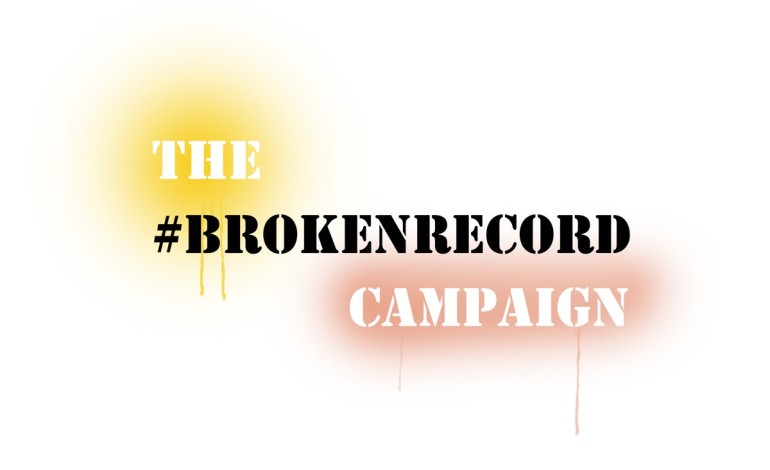
MPs of the Digital, Cultural, Media, and Sports (DCMS) committee heard from musicians that they feel like payments from streaming royalties are handled unfairly. This has left a large proportion of musicians in fear as they can’t pay rent or bills from the royalties of streams alone on the unfair way that smaller musicians get payments. This has left the lesser-known musicians feeling less appreciated and neglected.
“If someone streams a @gomeztheband song, how much do you get paid for that?”
“Oh I get paid nothing for that.”@MrTomGray tells @rachelburden about his #BrokenRecord campaign for musicians to earn more when their music is streamed
@BBCSounds | #5LiveBreakfast pic.twitter.com/2grr2cFgkm
— BBC Radio 5 Live (@bbc5live) November 24, 2020
Last year saw a record high in the music industry from live shows, during lockdown with no shows and tours money then comes from streaming. However, this isn’t a stable strong enough source of income unless you’re among the very famous musicians like Ed Sheeran, Little Mix, Stormzy, and now that we are into the festive season, Mariah Carey. Some musicians spoke to MPs of the DCMS committee about this unfair payment. Namely Elbow’s Guy Garvey and Nadine Shah.
Shah, a Mercury-nominated musician, spoke of her struggles that despite her critical and commercial success with four albums she doesn’t earn enough money to help make payments. “earnings from my streaming are not significant enough to keep the wolf away from the door”. She has spoken out as a voice for newer musicians saying that they fear being in bad favour “because we do not want to lose favour with the streaming platforms and the major labels” who hold their fate in this industry.
In the @CommonsDCMS inquiry into the economics of streaming @NadineShah told me she found Spotify’s ‘tip jar’ “insanely condescending” and believes it was an “admission” from them that “the system is not working” for musicians – artists are “worth and deserve more.” #BrokenRecord pic.twitter.com/gZ3qXAVL2O — Kevin Brennan MP (@KevinBrennanMP) November 25, 2020
Streaming is such a useful and much-used method of consuming media content in this day and age, it allows users to listen to music, watch TV and movies, and listen to podcasts within seconds on their phones. However, it’s not all sunshine and rainbows on the content creators side of things with payment per streams is pitiful “At present, Spotify is believed to pay between £0.002 and £0.0038 per stream, while Apple Music pays about £0.0059. YouTube pays the least – about £0.00052 (or 0.05 pence) per stream.”
ICYMI: @Elbow‘s @Guy_Garvey on how user-centric payments could help emerging artists make a living from streaming https://t.co/XkkF2S32HS #FixStreaming pic.twitter.com/teu27uiS0q
— Music Week (@MusicWeek) November 25, 2020
Garvey, who was one of the main speakers in the DCMS inquiry gave evidence on the wrong dealings of record labels. When signing a contract with a label (The main focus of the inquiry where the big three, Universal, Sony, and Warner) there are many clauses that favor the label rather than the artist “such as a 10% damage clause, which saw labels work on the assumption that 10% of CDs would be broken in transport. An artist’s share is then worked out from the remaining 90%, despite the fact in the streaming age barely any CDs are sold.”
Offering a solution Garvey said “If we rebalance this, money goes into the UK economy,” he said. “It seems like a bit of a no-brainer. We need to protect our talent pipeline.”. Upon hearing evidence MP Julie Elliot likened the major labels to Cartels as they seem to be profiting off of musician’s hard work. Streaming is a major aspect of our lives, It would be great if musicians get properly credited and paid for their talent and work.
